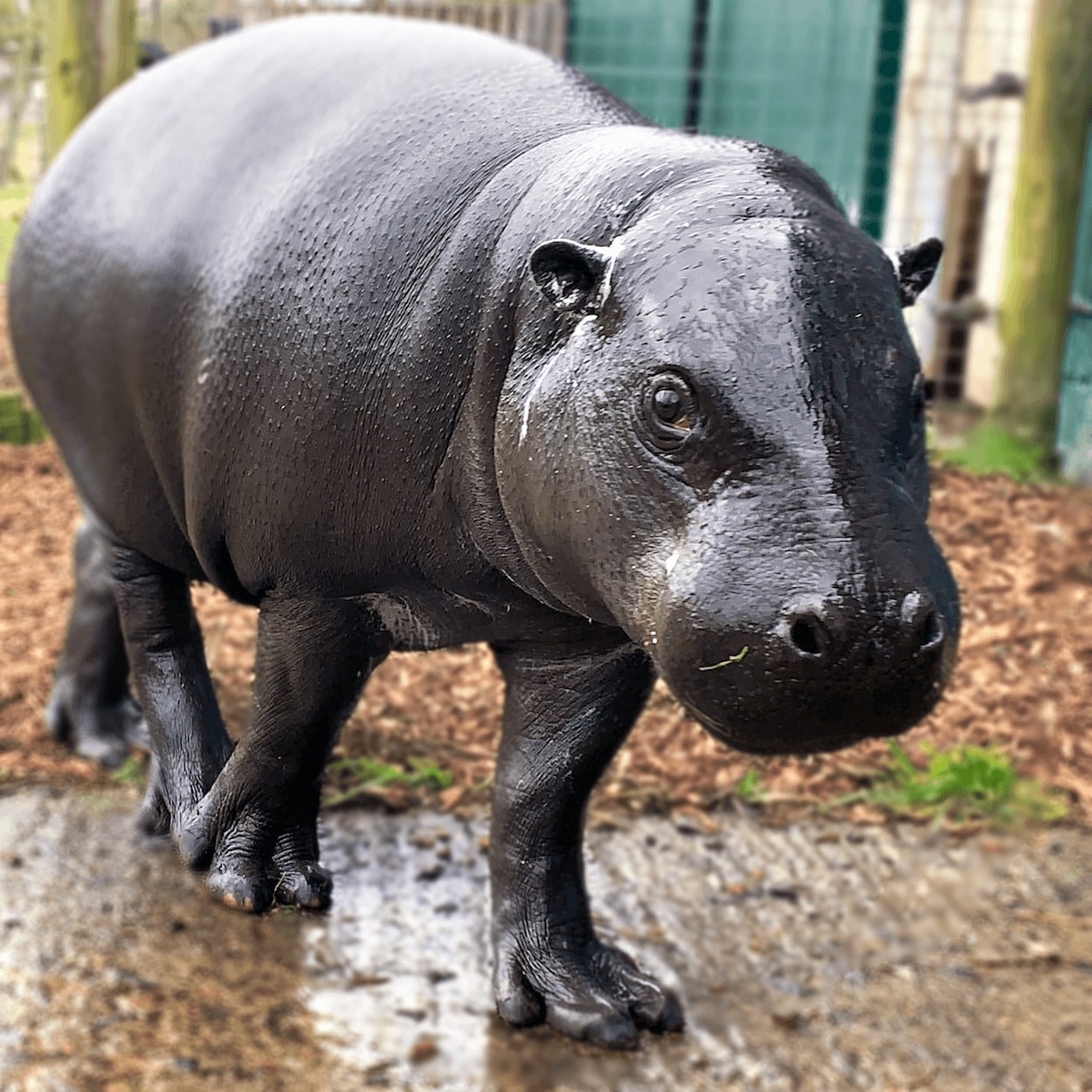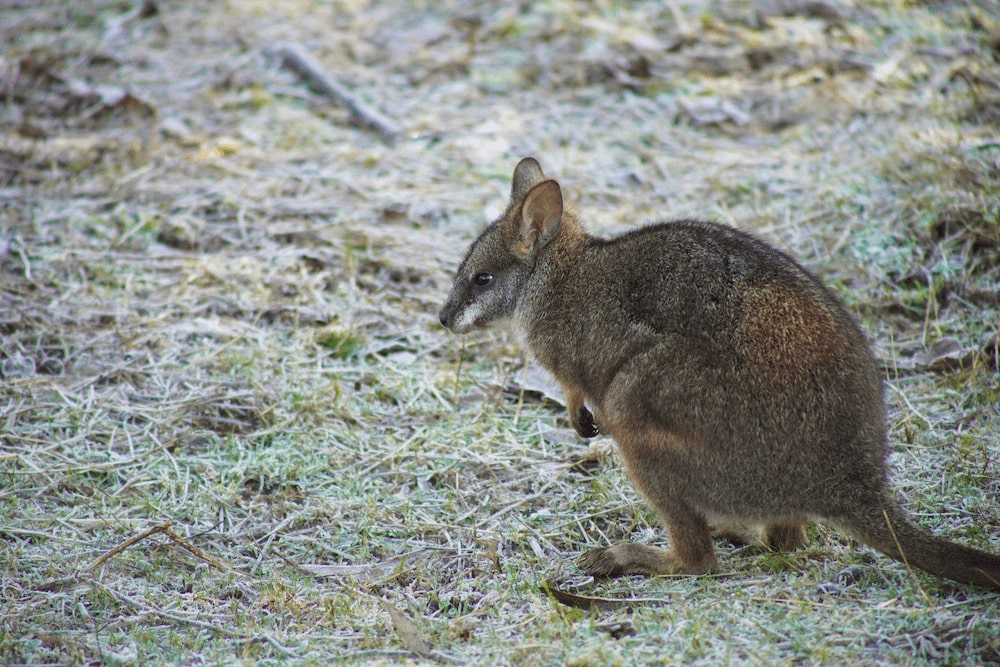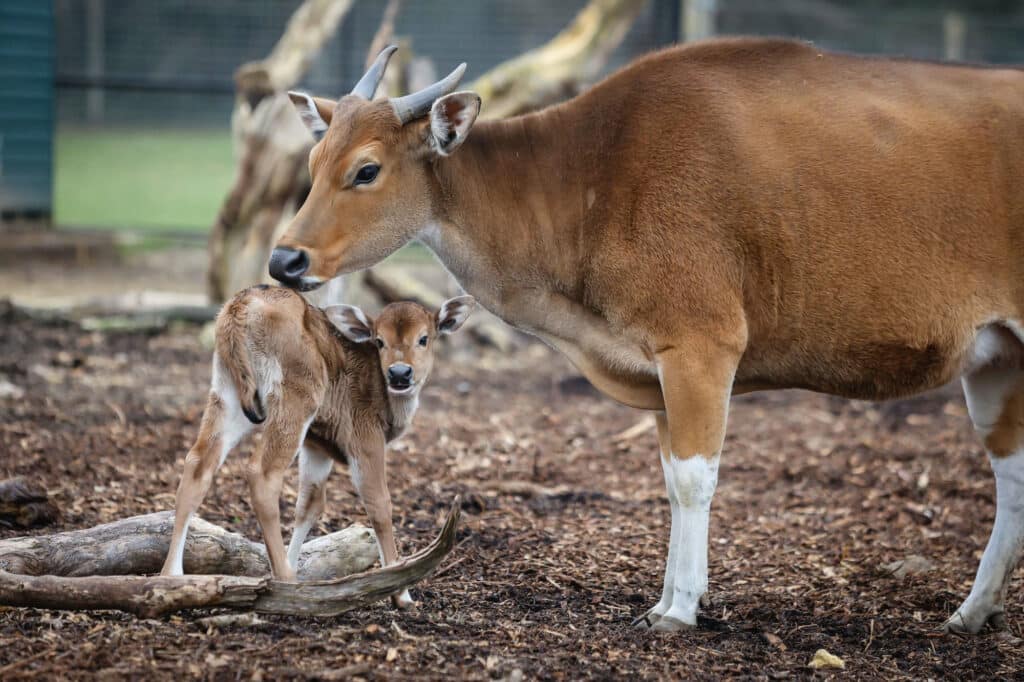Pygmy hippo among new arrivals at the zoo!
February 23, 2022
February 23, 2022

A female pygmy hippo recently arrived from Colchester Zoo and keepers report that although she is a little shy, she is gaining confidence each day and settling in well. She also enjoys swimming in her deep indoor pool!
Pygmy hippos are listed as Endangered on the IUCN Red List of Threatened Species and there are thought to be less than 3,000 remaining in the wild. The 1-year-old has joined Marwell as part of a European ex-situ breeding programme (EEP) and, although the pair are currently separated, we are hopeful that she and our male pygmy hippo, Oliver, will have calves in the future.
You can find Oliver and Zalika in our hippo house down the road past the snow leopards.

3 male parma wallabies were recently welcomed to Wallaby Walkthrough. They arrived from Cotswold Wildlife Park and are settling in well alongside our group of red-necked wallabies.
You can easily tell the difference between the parma wallabies and our red-necked wallabies as the former are much smaller! The body of an adult parma wallaby can grow up to 53 cm in length and its tail is about the same length as its body.
In the wild, parma wallabies can be found on the coast of Australia between Sydney and Brisbane. They are found in forests with dense cover, near to open grassy areas for feeding. They are usually solitary or found in small groups and are generally nocturnal.
As marsupials, young parma wallabies will spend about 7 months in their mother’s pouch!

The newest youngster was born to first-time mother ‘Jin’, and our male ‘Henky’ is father to all three of our banteng calves. Keepers report that the male calf is being well cared for by his parents and will stay close to his mother for quite some time.
All three births are an exciting first for Marwell as we’ve not welcomed banteng calves to the zoo before.
This species is found throughout south east Asia including Cambodia, Indonesia, Malaysia, Thailand and Vietnam. Classed as Endangered on the IUCN Red List, there are thought to be less than 8,000 left in the wild.
When you next visit the zoo, you can find our banteng herd down the road past okapi playground.